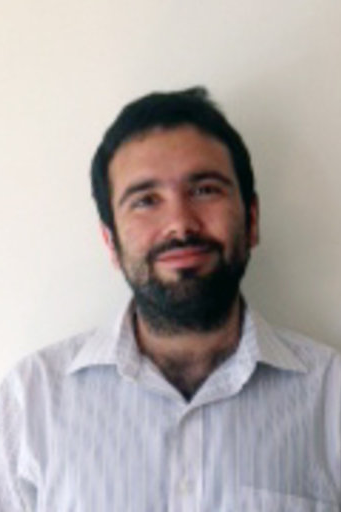Overview
While there is no cure for Frontotemporal dementia (FTD), recent evidence suggests a role of modifying risk factors by using effective preventive strategies across life-course factors may prevent up to 40% of dementias. Furthermore, there is some evidence to suggest an association of active lifestyle with cognitive reserve and less functional decline in patients with FTD. Yet the role of social relationships and vascular risk factors in FTD is lacking. Also, the burden of vascular contributions to cognitive impairment is substantially high in low middle-income countries like India which could be due to a higher prevalence of vascular risk factors which are typically undetected. We aim to investigate the influence of life-course factors in the form of physical activity, social interaction, and vascular risk factors as mediators of brain health in FTD.
Project Details
We plan a single-center cross-sectional study involving participants recruited from the Cognitive Disorders Clinic, a tertiary care hospital in India. The study cohort will consist of 90 patients with FTD. Details of life-course measures will be collected using validated measures: social networking index and Global Physical Activity Questionnaire [GPAQ]. We will measure cortical thickness in patients using cortical-based morphometry and measure the impact of small vessel cerebrovascular disease using MRI-based measures of white matter injury. We will define cognitive reserve as the discrepancy between cognitive and functional status, as measured by testing and validated ratings, and disease severity as measured by cortical thickness. We will examine the relationship between mid-life physical activity, social network index scores, age of onset of dementia, cortical thickness, and cognitive reserve in patients with FTD. We will examine the contribution of vascular risk factors and small vessel cerebrovascular disease to this effect.
This study will provide insight into their role as potentially modifiable factors which could be implemented at any age. This will have the potential to provide cost-effective prevention strategies for patients with FTD. This will further explore research in the form of randomized trials for prevention strategies that would help in building cognitive reserve in FTD.





